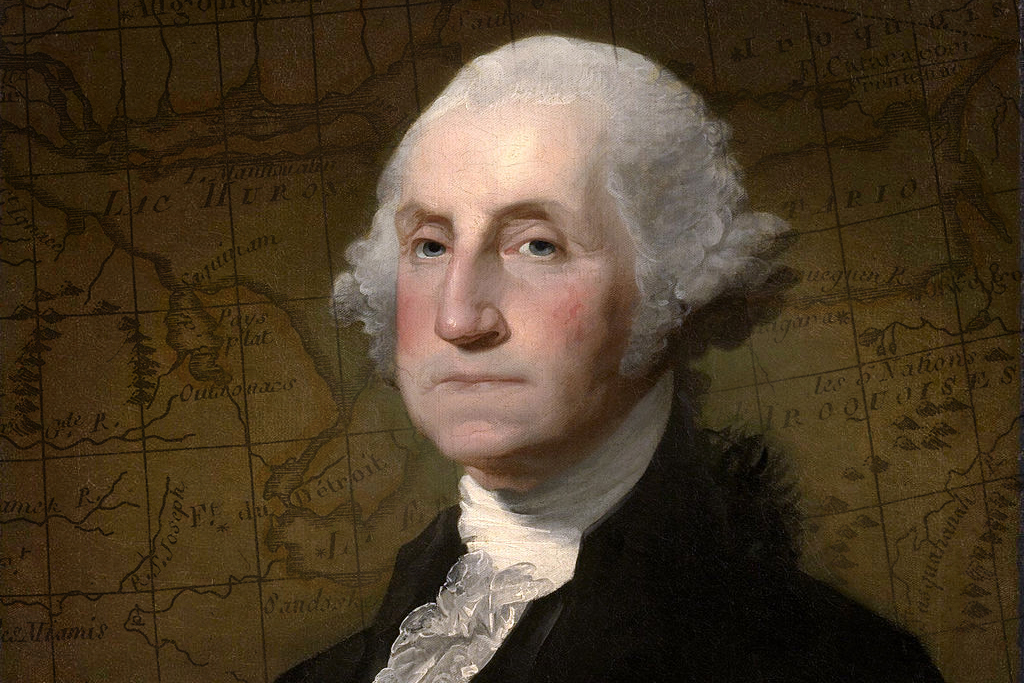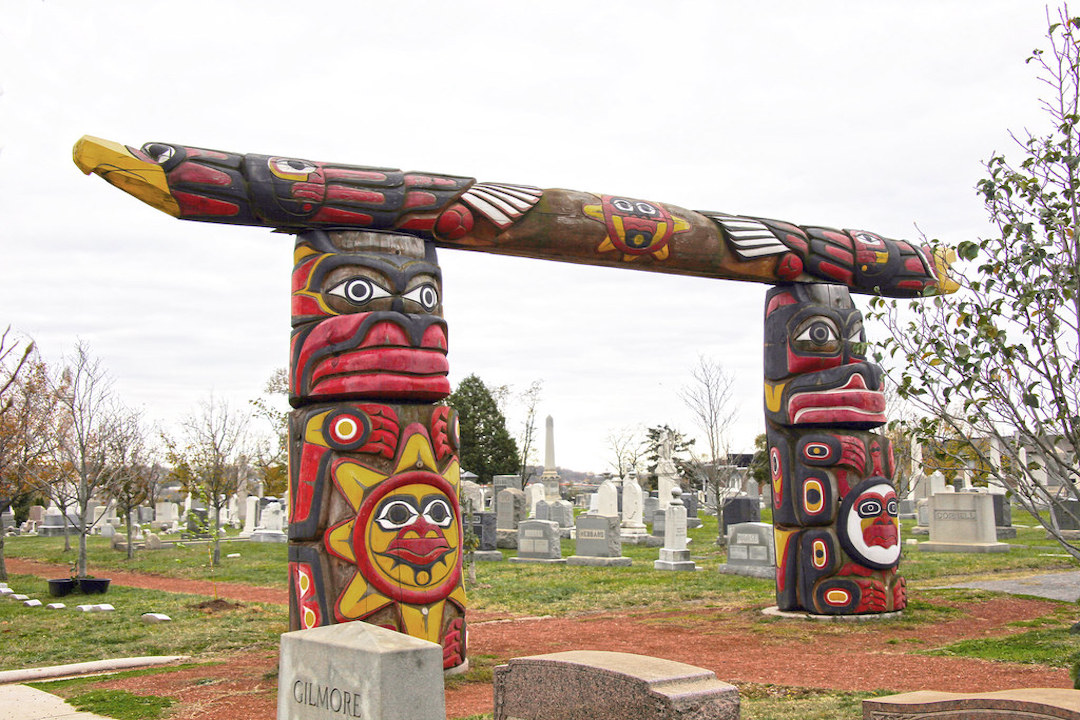By Tatyana Hopkins
Jordan Oglesby, a Navajo Nation member, thought when she graduated from law school she would advocate for New Mexico’s underserved indigenous communities as an attorney. She had long been drawn to policy and politics, however, and those interests led her to participate this summer in the Native American Political Leadership Program (NAPLP) at the George Washington University.
Ms. Oglesby, one of nine students selected for this summer’s NAPLP cohort, also was one of two of the program’s students to intern in the congressional offices of Rep. Debra Haaland (D-N.M.), and Rep. Sharice Davids (D- Kan.). Those two women were both elected in the 2018 midterm elections as the first Native American women to Congress.
Ms. Haaland is a member of Laguna Pueblo, and Ms. Davids is a member of the Ho-Chunk Nation.
“I had never considered opportunities on Capitol Hill,” said Ms. Oglesby, a rising third-year student at the New Mexico School of Law who interned in Ms. Haaland’s Capitol Hill office. “But this program made me believe that we should push for more diverse voices, not only serving as a congresswoman but also as staffers and various positions for people to make a difference in those offices.”
Ms. Oglesby provided bill analysis and research to Ms. Haaland’s legislative assistant and the office’s Indian Country portfolio manager, Heidi Todacheene. The position allowed her to assist with every issue dealing with Indian Country that “came through the congresswoman’s door,” she said.
But what she said she found most exciting was the number of Native American “changemakers” and allies on the Hill.
“For me, I thought it was just Congresswomen Haaland and Davids on the Hill,” Ms. Oglesby said. “I was surprised to see there were a lot more allies in different places than you would think, like across the aisle. There are people willing to hear our issues.”
For the past 14 years, NAPLP has placed over 200 Native American, Alaska Native and Native Hawaiian students from across the country in internships on Capitol Hill, in policy and tribal organizations and nonprofit sites across D.C.
The program is run by the GW’s AT&T Center for Indigenous Politics and Policy (AT&T CIPP) within the College of Professional Studies.
“It’s an opportunity for our youth to see Native Americans across the country and across the world serving in different capacities,” said Wendy Helgemo, AT&T CIPP director. “This is so important because in many ways Native American people remain invisible in our society or remain as caricatures as sports team logos and on commercial products.”
NAPLP participants are provided full scholarships to spend a spring or summer semester in D.C. and take courses at GW on the public policy decision-making process, governmental functions and politics in a democratic society.
The program also helps students secure internships based on their self-identified interests.
Nolan Arkansas, a member of the Eastern Band of Cherokee and an ethnicity and gender studies undergraduate student at Yale, hoped to learn more about the government-to-government relationship between Native American tribes and the federal government.
He was placed in Ms. Davids’ office.
“One of the biggest focuses Native lawmakers have today is strengthening that relationship,” Mr. Arkansas said.
He said tribes’ relationships with the federal government are “critical to tribal governments having political sovereignty.”
As a congressional intern, he said, he witnessed how those relationships are formed as numerous tribal members and advocates visited the office each day.
He said although Ms. Davids has an obligation to her constituent base in Kansas, her office had an open-door policy for tribal members.
“Because she is in that seat, in the news and in the know in American politics, so many tribal people are motivated to come to D.C. to reinforce and strengthen government-to-government relationships,” Mr. Arkansas said.
He said that representation became more important to him during a Senate Committee on Indian Affairs hearing he observed for work.
“The panel was not full,” Mr. Arkansas said. “All the senators did not show or showed up late or left after a few minutes, so a lot of the key issues like sexual violence and land rights for Native people were not heard. That day showed me where these senators’ values were and how far they were from helping indigenous people.”
He said his experience on Capitol Hill has encouraged him to get more civically engaged with Native policy concerns, especially climate justice.
Ms. Davids is glad the experience helped.
“As one of the first two Native American women to serve in Congress, it’s important to me that my office continues to look for ways to support Native people, especially students,” Ms. Davids said. “I was glad that we were able to partner with the GW Center for Indigenous Politics and Policy and have Nolan intern with our office this summer to learn about the work we are doing on behalf of the people of Kansas and Native communities.”




